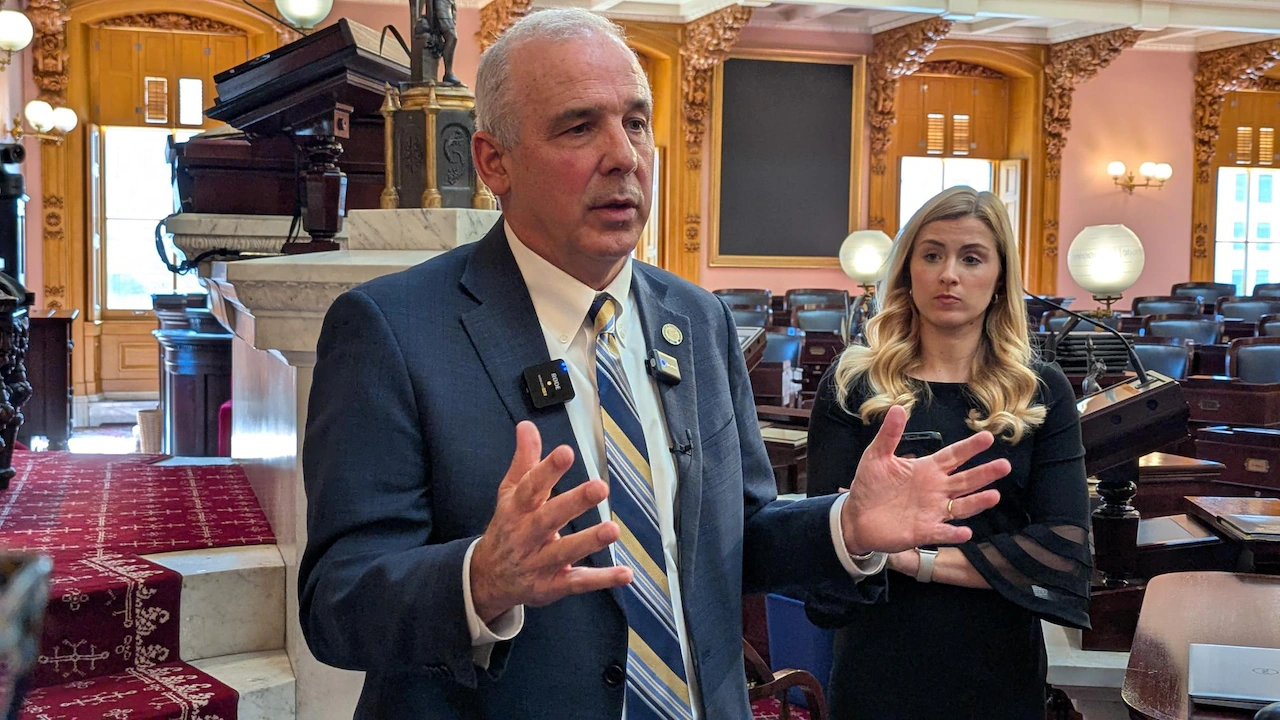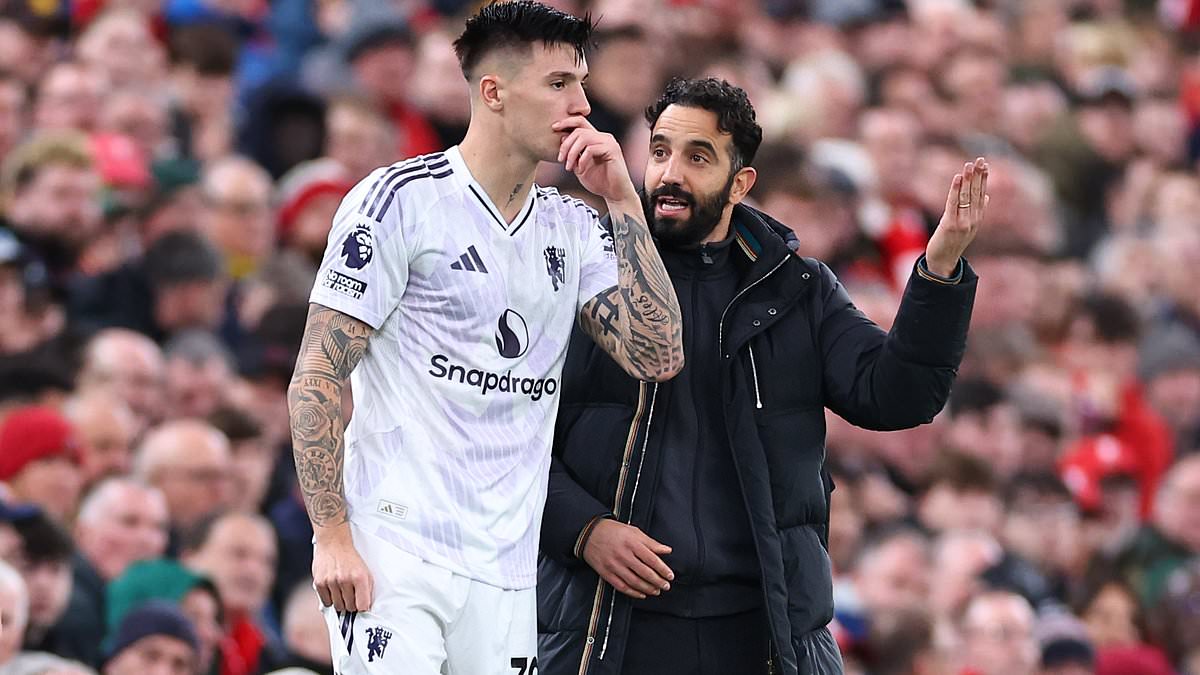Copyright cleveland.com

COLUMBUS, Ohio — Two recent pro sports gambling scandals, both with significant Northeast Ohio connections, has led to increased scrutiny over whether to restrict – if not ban – “microprop” wagers made on individual players’ actions during specific game situations. But state lawmakers on both sides of the aisle say that while they’re concerned about the scandals, they don’t intend to seek any changes to Ohio’s gambling laws – for now, at least. Last Sunday, Cleveland Guardians pitchers Emmanuel Clase and Luis Ortiz were indicted on federal charges that accused them of throwing specific pitches during games so their co-conspirators could win more than $450,000 from microprop bets. Last month, the FBI arrested several current and former NBA players on gambling-related charges – including Miami Heat guard and former Shaker Heights High School basketball star Terry Rozier, who’s accused of faking an injury during a March 2023 game so gamblers could win hundreds of thousands of dollars on prop bets. On Monday, Major League Baseball announced that gambling companies conducting 98% of the nation’s sports bets have agreed to restrict microprop betting on MLB games, including no longer allowing money to be placed on individual pitches and capping wagers at $200. Gov. Mike DeWine, who back in August called for a total ban on all “prop” bets made on players’ performances in individual games, said via a spokesman on Tuesday that he hopes that the new limits will be enough to address the problem, and that other major U.S. pro sports leagues will arrange similar betting restrictions on their games. “Would I sign a bill that bans prop betting? Of course,” DeWine, a Greene County Republican, said in an interview Wednesday. “But without the legislature passing something, I need to go do what I can do -- and that’s what I did with the (ban on) microprop bets in baseball over $200.” On Wednesday, some Ohio lawmakers said vaguely that the legislature should take a closer look at microprop bets, though they said there are no plans to introduce any legislation to ban or restrict such wagers. “I do think we need to ... comprehensively look at the kinds of betting that encourages this more,” said Ohio House Speaker Matt Huffman, a Lima Republican. “You know, point shaving is one thing, but if I’m going to throw one (pitch) low and outside, and you’re going to make $1,000 off of it, that’s a real problem.” When Huffman was asked what specific action lawmakers should take, he floated the idea of having a House or Senate committee examine the issue and make recommendations to the full legislature. “I don’t think I would introduce legislation, because I don’t know what that would say,” he said. The top Democrat in the Ohio House, Minority Leader Dani Isaacsohn of Cincinnati, also expressed concern about prop betting. “I think we do need to look at what has happened with the proliferation of a type of gambling that -- not only does it do harm to the sports leagues and the integrity of the game, it does incredible harm to the people who get addicted to that type of gambling,” Isaacsohn said. But Isaacsohn added that he wasn’t sure whether the right way to address the issue was via state or federal law. “I know that I don’t put much stock in the federal government at the moment to be able to make progress on important issues,” he said, referring to the ongoing federal government shutdown. “So, to the extent we can be of use and helpful in Ohio and trying to address that (sports-betting) issue, we should.” Other lawmakers, meanwhile, said they are comfortable for now to allow pro sports leagues – which, under Ohio law, have a lot of say in which types of sports betting are allowed in the state – to take the lead in determining what limits should be set. John Fortney, a spokesman for Senate President Rob McColley, a Northwest Ohio Republican, said McColley was sick Wednesday and referred cleveland.com to state Sen. Nathan Manning, a North Ridgeville Republican who has been the Senate GOP’s point person on gambling issues this session. Manning said he hopes other sports leagues will follow Major League Baseball’s lead in restricting microprop betting on their players. “But if there needs to be legislative change, if some of these leagues aren’t willing to look at some of these (limits) and sportsbooks aren’t willing to look at some of these micro(prop), negative-outcomes bets, we certainly need to do something to change it,” Manning said. When DeWine called for an overall ban on “prop” bets in August, Ohio House Finance Committee Chair Brian Stewart, a Pickaway County Republican, vowed to oppose such a move, including by potentially introducing legislation to protect them. Stewart said Wednesday he’s glad to see that the governor has changed his position. Like Manning, Stewart said that he would prefer that state lawmakers give sports leagues a chance to set up their own microprop betting restrictions. “I think so long as we’re in the realm of targeting a kind of niche subcategory of prop bets,” Stewart said, “I don’t know that’s something that the legislature is going to get terribly involved in.”



